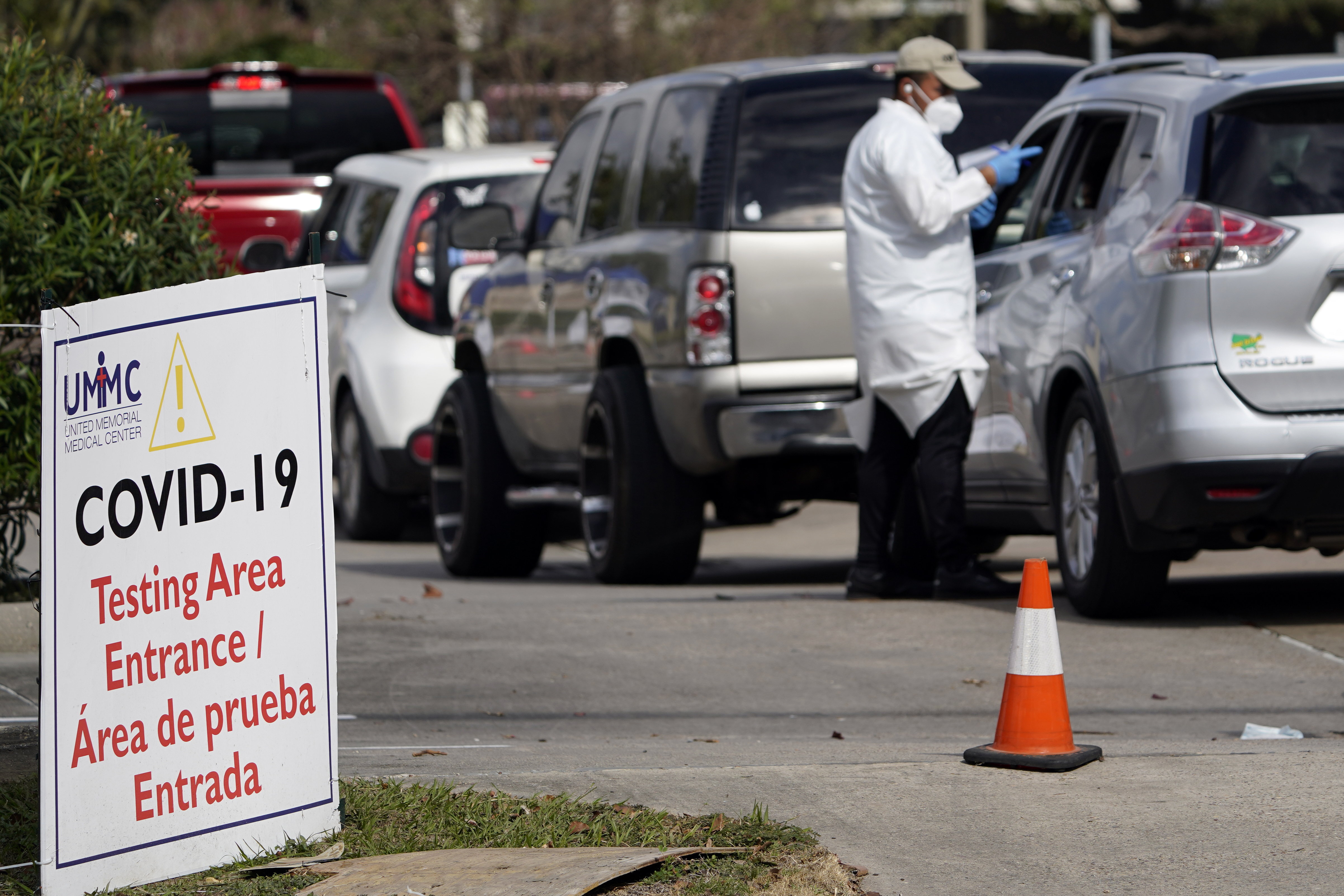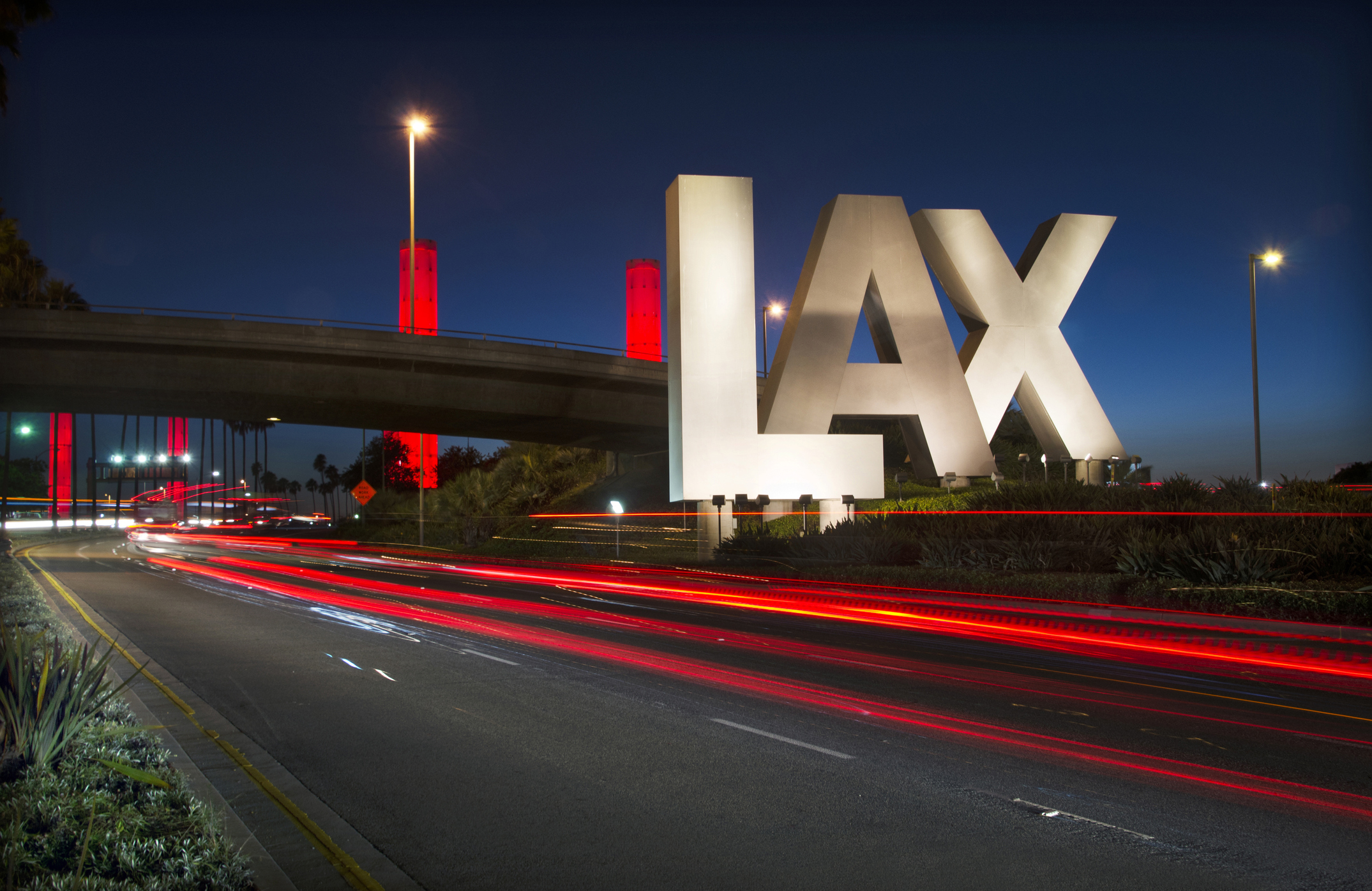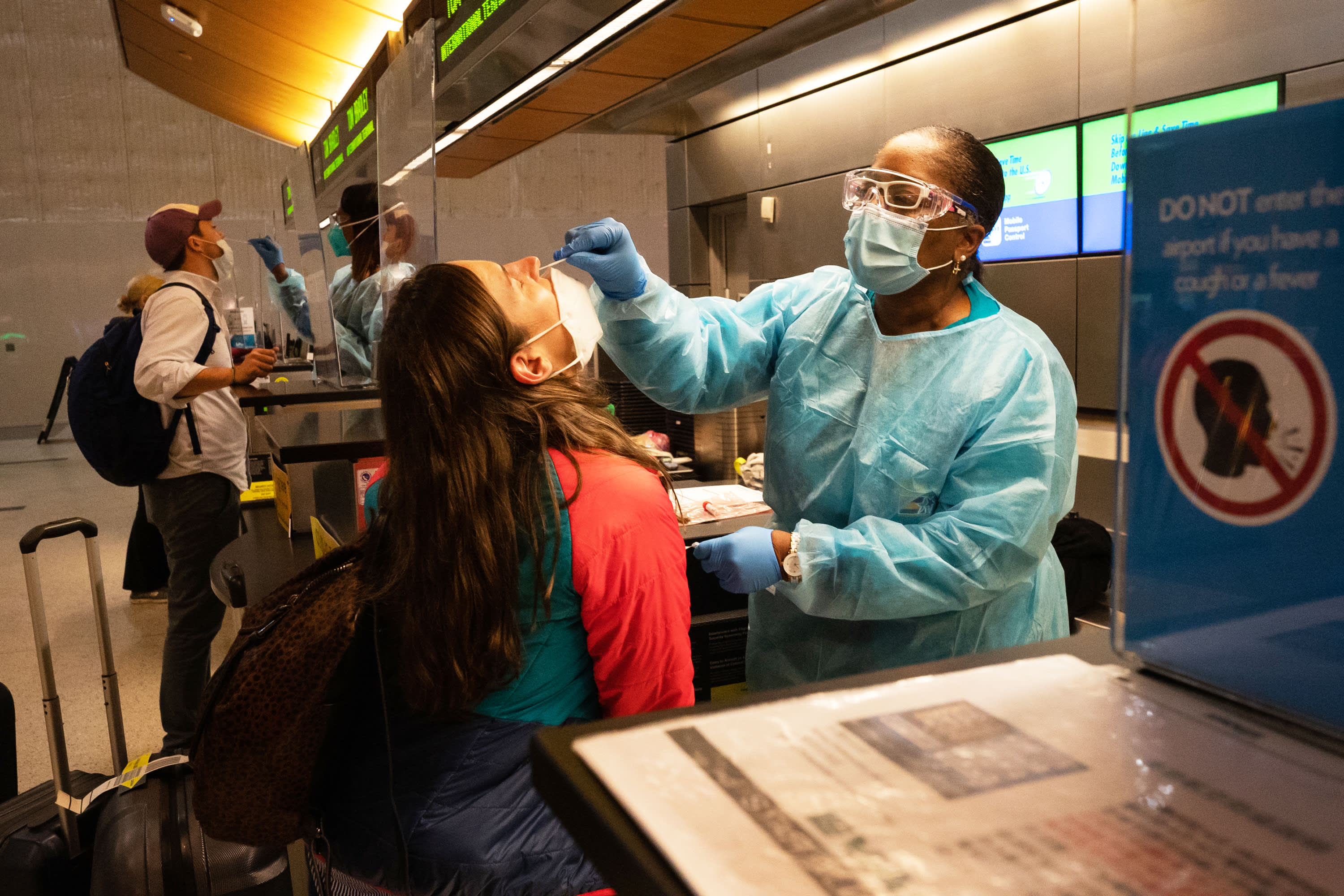They're big and boxy and, at first glance, don't look all that different from the freezer at home where you might keep your ice cream and frozen steaks.
But when you grab the bright green locking handle to open one up, you discover a second door inside studded with ice, and you don't dare open that one unless you are wearing your Cryo-Gloves. Checking the gauge, you note the temperature inside is minus-85 degrees Celsius (or if you prefer Fahrenheit, minus-121 degrees F).
Special refrigeration units like these, deep inside Cedars-Sinai Medical Center, are now awaiting the duty of storing Pfizer's new COVID-19 vaccine, once the FDA issues the expected emergency use authorization (EUA), and Pfizer can begin shipping to designated receiving points with the required ultra low temperature capability.
Cedars agreed to serve as one of seven designated pre-position sites in Los Angeles County.
"We hope to be a resource for the community until the vaccine is more widely available," said Jeffrey Smith, MD, Cedars-Sinai chief operating officer.
Cedars has needed the ultra low storage for research, Smith said, but not every hospital is so equipped.
The state of California has ordered 16 large units and 61 smaller ones, Governor Gavin Newsom said Monday.
The ultra low storage temperature is required to keep the vaccine stable for the extended periods of time the distribution chain can require. A second vaccine candidate developed by Moderna uses similar mRNA technology to Pfizer's, and also requires cold storage at minus 20 degrees C, which is not considered ultra low. Like Pfizer, Moderna has reported effectiveness at trial of 95%, and is expected also to apply for EUA. Both vaccines require two doses.
A third candidate reporting trial evidence of effectiveness was developed by Oxford University and the AstraZeneca company. Its 70-90% effectiveness trails the two front-runners, but its adenovirus technology offers the logistical advantage of storage at normal refrigerator temperatures, above the freezing
point of water.
The packaging consists of multiple layers, with the vials of vaccine fitting inside a flat square container that has been nicknamed the "pizza box."
Pfizer's need to keep the vaccine it developed with BioNTech at ultra lower temperature also required the crafting of a rigorous delivery process, Smith observed. The packaging consists of multiple layers, with the vials of vaccine fitting inside a flat square container that has been nicknamed the "pizza box." A block of dry ice sits on top, and there is also an electronic monitoring device that tracks temperature and location, Smith said.
Frontline health care workers will be prioritized for vaccination, then those at high risk, before eventually the general public, officials have said.
At Cedars, medical employees are required to get a flu vaccination every year, but could decline a COVID-19 vaccination, Smith said, so long as it remains under
emergency use and has not yet received full approval.
"It does require an informed consent, and people understand the potential risks and benefits are for the vaccine, to make a personal choice," said Smith.
Whether the general public will have enough confidence in new vaccines to be vaccinated in numbers large enough to slow the virus' spread has become a topic of concern and discussion among public health officials. To offer encouragement, the nation's most well known infectious diseases specialist, Dr. Anthony Fauci, has said several times that once EUA is issued for a vaccine, he will take it and encourage his family to do so.
Awaiting FDA action on the Pfizer candidate, shipping dates have not been set, but Smith expects Cedars could receive its first delivery before the middle of next month.
The vaccine development has occurred during an unprecedentedly short period of time. But its impending arrival will come at a time when COVID-19 spread is surging throughout the nation, and increasingly so in California.
At Cedars, the population of patients with COVID-19 is well below the initial crisis last Spring, but is approaching levels of the summer surge and the trajectory is steeply upward, Smith said. Los Angeles county has seen especially steep climbs the past two weeks. With COVID-19's incubation period of up to two weeks, hospitalization increases have tended to lag behind upturns in positive testing.
Coronavirus Deaths in Your City and State — and Across the US
These charts use daily coronavirus death data from Johns Hopkins University to show the seven-day moving average of deaths at the city, state and country level.
The impact of coronavirus varies enormously in the United States from one place to another.
Source: Johns Hopkins University.
Credit: Visuals by Amy O’Kruk/NBC, data analysis by Ron Campbell/NBC
In spring, hospitals cancelled elective procedures to conserve resources for COVID patients. Smith said it is possible electives will be curtailed, but at this point does not believe they will need to be suspended completely.
"We have big challenges coming," said Smith, noting the convergence of a surge and vaccine arrival. "We're going to be facing a need to vaccinate people, which requires staff, at the same time we're going to be dealing with a surge of hospitalized patients. And so that will stretch our need for nurses and other healthcare providers even more."




